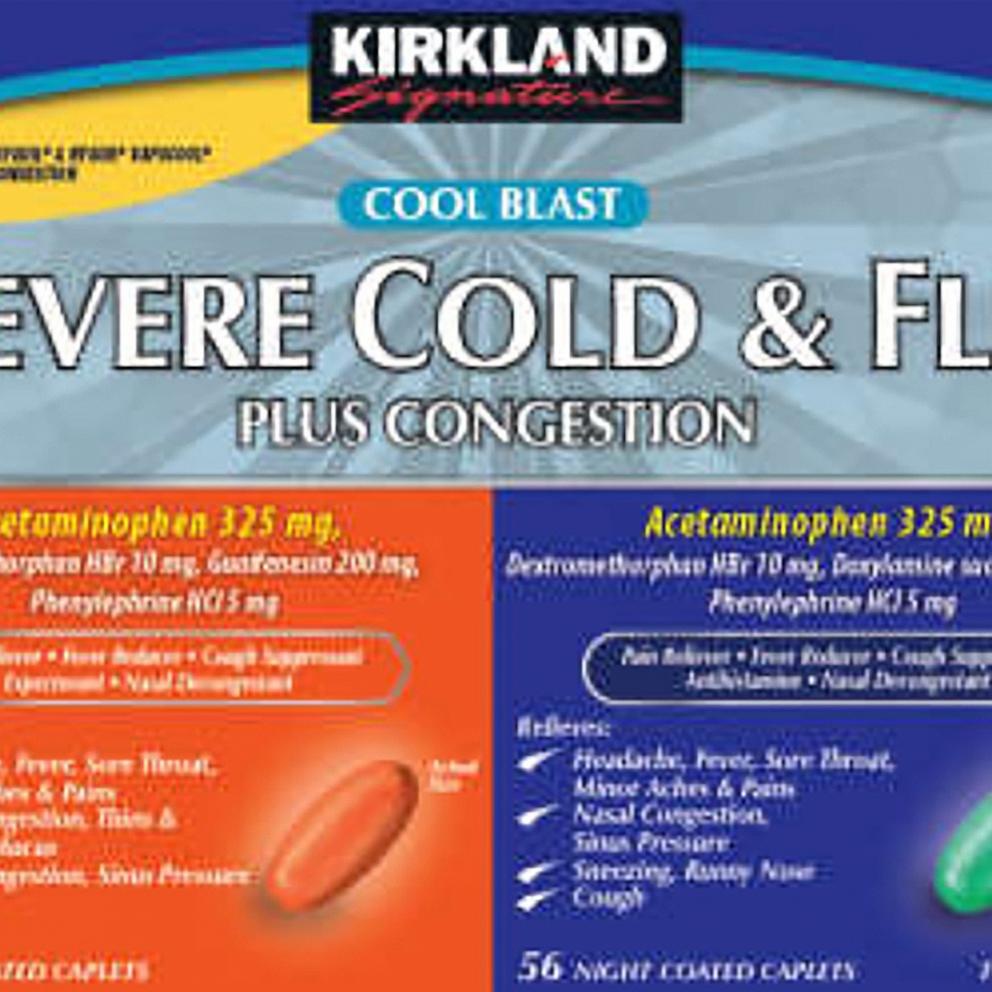Early trial shows success for daily weight loss pill: 3 things to know
The maker of injectable weight loss drugs including Ozempic and Wegovy is touting the results of an early-stage trial that delivered weight loss success by taking a daily pill.
Novo Nordisk released data Wednesday showing that patients taking its new medication, a pill known as amycretin, lost up to 13% of their body weight after 12 weeks, with mild to moderate side effects.
The data from the Phase I study was presented at the European Association for the Study of Diabetes meeting in Madrid.

The daily pill medication, which remains several years from hitting the market, has the potential to mark a turning point in the fight against obesity, a medical condition that affects nearly 42% of people in the United States, according to the Centers for Disease Control and Prevention.
Here are three things to know about amycretin.
1. It has only been studied in a small clinical trial.
The study results released Wednesday by Novo Nordisk were based on a small trial of 124 participants.
The researchers found that after 12 weeks, participants on the highest doses of amycretin lost 13.1% of their total body weight, compared to the placebo group that lost 1.1% of their body weight over 12 weeks.
Study participants taking amycretin reported mild to moderate side effects including nausea and vomiting.
Given that the results come from such a small trial, it could take several years for amycretin to hit the market, according to Dr. Leah Croll, a Philadelphia-based neurologist who was not involved in the trial.
"The journey from lab to your local pharmacy shelf is a years-long journey, typically, for these drugs," Croll said Thursday on "Good Morning America." "It involves multiple rounds of clinical trials, big trials that may take years to execute, so I'd say we're looking at least a couple of years."
Croll added, "We really need longer term studies and larger studies to better understand the safety profile of this medication."
2. Amycretin targets 2 types of hormones.
Like Ozempic and Wegovy, amycretin mimics the effects of GLP-1, a type of hormone in the body that impacts everything from the brain to muscle to the pancreas, stomach and liver.
Amycretin differs from other drugs though in also mimicking a second hormone, amylin, which is responsible for helping to regulate blood sugar levels and slowing gastric emptying, prompting the feeling of fullness.
3. Pill form would make amycretin more accessible.
Currently, drugs like Ozempic and Wegovy that are taken weekly by injection can cost upwards of $1,000 per month without health insurance. A pill form of semaglutide, the same medicine in Wegovy, called Rybelsus, is currently FDA-approved for the management of Type 2 Diabetes.
The fact that amycretin -- which appears, from early clinical data, to be as effective as injectable weight loss medications -- is taken as a pill instead of as an injection may make it more accessible, according to Croll.
She noted that in addition to being more expensive, injectable medications are often more difficult for patients to manage.
"To have a pill that would be more affordable, more accessible, easier for patients to deal with, could be a really, really big deal for them," Croll said.







